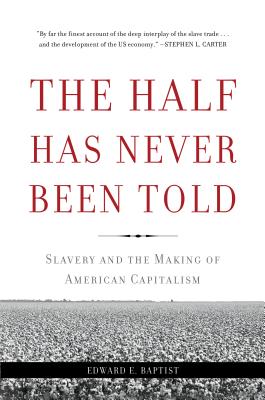Expedite your nonfiction book discovery process with Readara interviews, summaries and recommendations, Broaden your knowledge and gain insights from leading experts and scholars
In-depth, hour-long interviews with notable nonfiction authors, Gain new perspectives and ideas from the writer’s expertise and research, Valuable resource for readers and researchers
Optimize your book discovery process, Four-to eight-page summaries prepared by subject matter experts, Quickly review the book’s central messages and range of content
Books are handpicked covering a wide range of important categories and topics, Selected authors are subject experts, field professionals, or distinguished academics
Our editorial team includes books offering insights, unique views and researched-narratives in categories, Trade shows and book fairs, Book signings and in person author talks,Webinars and online events
Connect with editors and designers,Discover PR & marketing services providers, Source printers and related service providers

The Half Has Never Been Told: Slavery and the Making of American Capitalism
History > United States - Civil War Period (1850-1877)
- Basic Books
- Paperback
- 9780465049660
- 9.1 X 6.1 X 1.7 inches
- 1.3 pounds
- History > United States - Civil War Period (1850-1877)
- (Single Author) Asian American
- English
Readara.com
Book Description
Americans tend to cast slavery as a pre-modern institution -- the nation's original sin, perhaps, but isolated in time and divorced from America's later success. But to do so robs the millions who suffered in bondage of their full legacy. As historian Edward E. Baptist reveals in The Half Has Never Been Told, the expansion of slavery in the first eight decades after American independence drove the evolution and modernization of the United States. In the span of a single lifetime, the South grew from a narrow coastal strip of worn-out tobacco plantations to a continental cotton empire, and the United States grew into a modern, industrial, and capitalist economy.
Told through intimate slave narratives, plantation records, newspapers, and the words of politicians, entrepreneurs, and escaped slaves, The Half Has Never Been Told offers a radical new interpretation of American history.
Author Bio
I focus on the history of the 19th-century United States, and in particular on the history of the enslavement of African Americans in the South. The expansion of slavery in the United States between the writing of the Constitution in 1787 and the outbreak of the Civil War in 1861 had enormous consequences for all Americans.
Indeed, the expansion shaped many elements of the modern world that we now live in, both inside and outside the borders of the United States. I am writing a book about that process: the experience of the slave trades and forced migrations that drove expansion, the systems of labor that emerged, the economic and political and cultural consequences for women and men and children.
Source: Cornell University - The Department of History
Community reviews
No Community reviews








